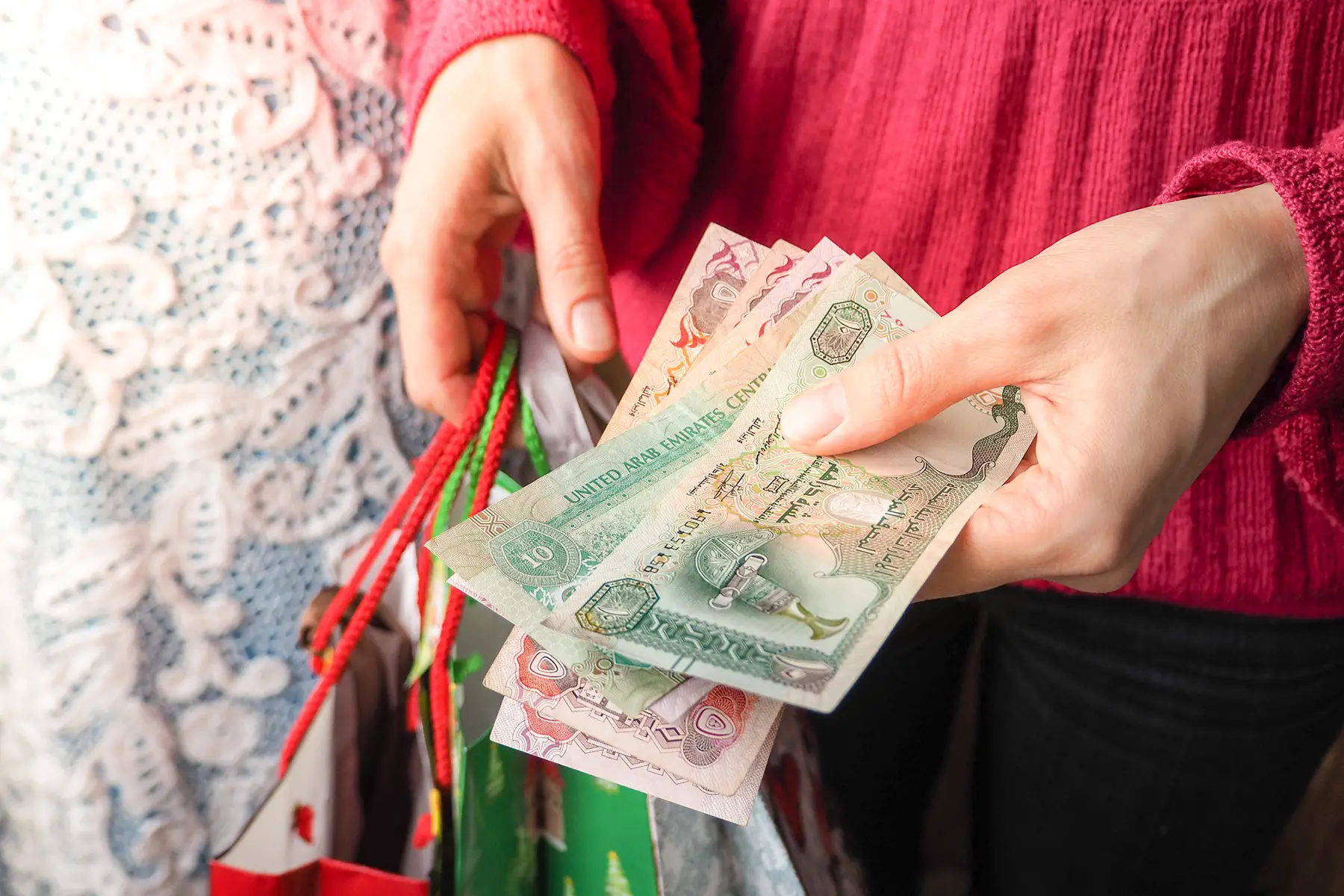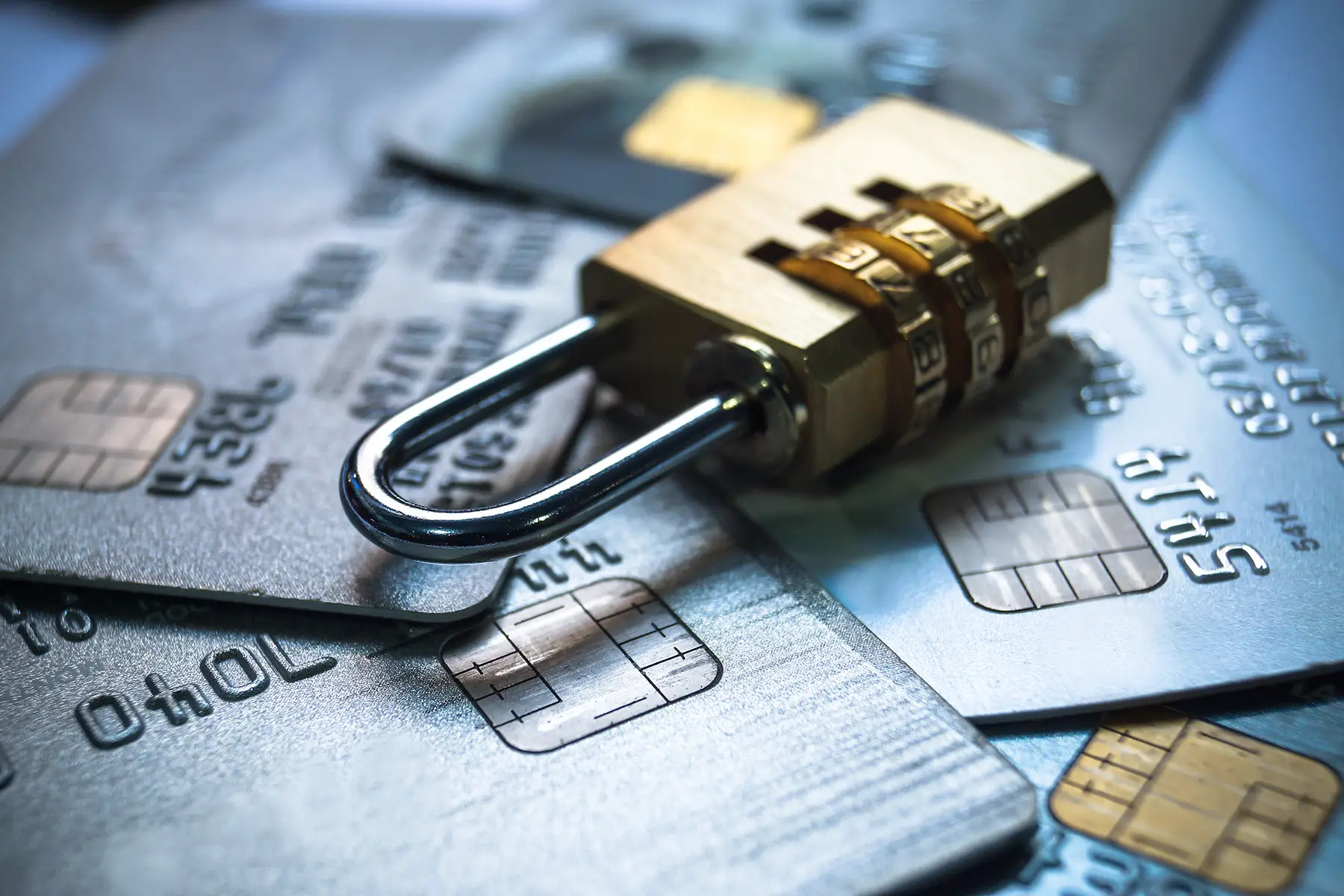Some 90% of residents now use mobile banking apps in the UAE. This guide looks at the most popular ones, their prominent features, and how to access banking services via your phone and online. It includes the following sections:
CurrencyFair
If you’re moving money abroad, check out CurrencyFair. This well-known peer-to-peer currency exchange platform provides competitive rates, low fees, and transparent transactions. Experience efficient, cost-effective international transfers by joining CurrencyFair today.
Mobile banking in the United Arab Emirates
As of 2017, smartphone applications have been the preferred way to access banking services across the UAE. Citizens and expats living there increasingly want to be able to handle their basic banking needs without having to speak to a bank adviser; either in person or on the phone.

New data shows that mobile apps in the UAE are residents’ first choice. According to a recent survey, 83% of respondents pick online banking platforms and smartphone applications for their convenience, round-the-clock availability, and security. As a result, there is a wide variety of mobile apps on offer there. Both local and international banks in the Emirates now offer everything from overseas remittances to currency conversion via online channels.
As a result of the high penetration of smartphones and sophisticated digital infrastructure, mobile banking in the United Arab Emirates is at an advanced stage compared to many other countries. Banks are therefore able to exploit this ecosystem to cater to the high number of expats making regular overseas transfers for personal and business reasons. As a result, digital banking is highly evolved in the UAE, and expats who move to the desert nation can expect to open bank accounts within a few minutes via their smartphones.
Overall mobile banking usage has surged 35% over the year to March 2019, according to Citibank data. Furthermore, some 90% of all UAE residents now bank online. Coupled with the near-total smartphone penetration in the country, mobile banking is often the preferred method for residents accessing their funds.
Institutions that provide mobile banking services in the UAE include:
- Liv
- Neo
- First Abu Dhabi Bank
- Emirates NBD
- Mashreq
- Dubai Islamic Bank
- HSBC
- Citibank
- Standard Chartered
Features of mobile banking
Besides traditional financial services, mobile banking apps in the UAE offer a range of features; including the ability to transfer money to overseas accounts for free. Expats considering this form of banking can expect the following services:
- Round-the-clock access to account balances, account history, and transactions
- Utility bill and telephone bill payments
- Credit card payments
- Loan and mortgage applications
- Opening new accounts
- Money transfers, domestically to other banks in the UAE and internationally to partner or correspondent banks
- Exchange rate comparisons
- Setting up and canceling standing instructions
- Security and fraud alerts
- Travel services
- Access to loyalty rewards
In addition, some banks offer the following services:
- Secure mobile check deposit, using the smartphone camera;
- Fingerprint login;
- International investment services;
- Smart security features
Although mobile banking apps generally offer international money transfers, several platforms offer low-fee options that can save you money when sending money to another country. These include:
Mobile payments in the UAE
In line with global trends, mobile payments in the UAE have soared in recent years. As the nation moves towards its goal of becoming a cashless society, technological advancements have enabled consumers and businesses alike to schedule, make, and receive digital payments for various goods and services.

Mobile payments are made via mobile apps or mobile wallets which are linked to bank accounts. Commonly used at retail outlets across the country, they rely primarily on near-field communication technology, however, recent agreements mean that QR codes will soon become popular methods of making mobile payments in the Emirates.
The country was one of the first to introduce mobile wallets such as Apple Pay and Samsung Pay. Furthermore, in 2017, 16 banks got together to launch the Emirates Digital Wallet with the support of the UAE Central Bank. Other services such as Google Pay and Beam are also well established in the country. The telecom operator Etisalat has its own app for subscribers, called Etisalat Digital Payments, while several local banks have their own digital payment apps. As of 2019, wearable payment technology has begun to make inroads into the UAE; Garmin Pay and Fitbit Pay are the first to launch.
Industry reports project that the market for mobile wallets in the UAE will exceed $2.3 billion by 2022. Payment provider Mastercard attributes the widespread use of mobile payments to the UAE’s largely young population and its high mobile penetration rate of 173%.
You can usually make mobile payments in the UAE simply by launching the app from your smartphone and then holding the device up to the payment terminal.
How to open a mobile bank account
As of 2019, expats looking to open mobile bank accounts can choose from two banks: Liv, backed by Emirates NBD, and Neo, powered by Mashreq. Both allow you to open accounts online within a few hours. Once you have downloaded the app, scanned your Emirates ID, and topped up the account, a local delivery service will contact you within a day and drop off your new debit card. You will also be issued with an IBAN account number and a Swift code; therefore, transferring to and from any other bank account is possible almost immediately.
When opening a mobile bank account, you will be asked to provide a photocopy of your passport, along with a copy of your residency visa. At the present moment, non-residents cannot open mobile bank accounts in the Emirates.
Mobile banking fees
When banking in the UAE, transaction fees are standardized to prevent financial institutions from overcharging their customers. In line with UAE Central Bank regulations, banks are also required to publish any charges levied on all corporate and retail-related products. In many cases, fees for mobile banking services are lower than at traditional services.
As of the most recent update in 2018, these fees are capped as follows:
| Account opening fees | None |
| Minimum balance | Maximum of AED 5,000 |
| Monthly minimum balance penalty | AED 50 |
| Using another (local) bank’s ATM in the UAE | AED 2 |
| New checkbook | AED 25 (the first one is free) |
| Manager’s check issue fee | AED 30 |
| Account balance letter | AED 50 |
| No liability certificate | AED 60 |
| Release letter | AED 50 |
| Bounced check fee | AED 100 (no charge if written to yourself) |
| Account closure fee | AED 100 |
Mobile banking security
As mobile banking gains currency, financial fraud has kept pace. From fake WhatsApp messages to phishing and smishing, UAE residents are the target of a range of scams intended to trick people into sharing sensitive information.

Accordingly, the UAE Central Bank and the local police authorities routinely advise customers to avail of a number of security features while using mobile banking apps. While smartphones themselves come with biometric features such as fingerprint and facial recognition, mobile banking apps in the Emirates offer additional levels of security, such as two-factor authentication via text, email, or external security devices.
To protect against security breaches, you can take the following steps when accessing mobile banking there:
- Enable two-factor authentication, ideally via a high-strength password and an SMS or e-mail prompt;
- Never log into your account using a public network or shared Wi-Fi;
- Log yourself out of your account when it is not in use;
- Avoid using automatic login;
- Don’t open suspicious e-mails or messages;
- Do not click on links in messages or e-mails, even if they appear to be from your bank;
- Make sure to update your smartphone operating system and your mobile payment app regularly
Useful resources
- Central Bank of the UAE
- Yallacompare – a banking comparison website
- Souqalmal – a banking comparison website





